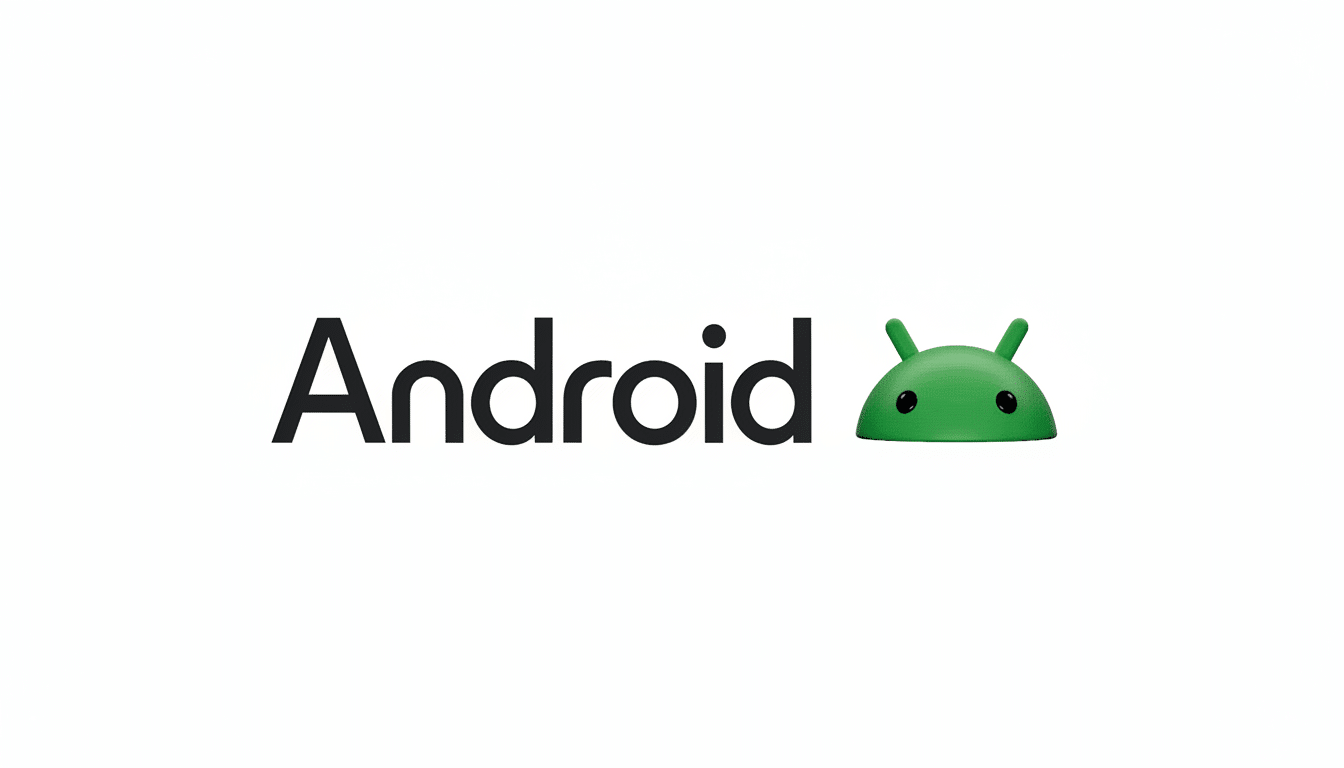A Victory for Android Openness and Developer Choice
Epic Games chief executive Tim Sweeney is hailing Google’s proposed antitrust settlement, characterizing it as an actual move toward the Android platform’s long-held promise of openness. He lauded the terms as a complete remedy that increases choice for app makers and allows mobile software more space to compete in payments and distribution.
What the Proposed Android Antitrust Settlement Changes
The arrangement, which still needs court approval, would let Android developers direct users to alternative payment methods both inside apps and through external links. Crucially, service fees would be capped at either 9 percent or 20 percent depending on the type of transaction and billing mechanism, a significant departure from the current 30 percent headline rate and existing programs that cut many categories to 15.

Google’s Android boss has billed the deal as broadening developer choice and user safety, with safeguards still in place for malware scanning, fraud detection and refunds. The settlement is essentially seeking to formalize “user choice billing” and anti-steering relief as something at platform scale, rather than a few small pilots.
Why Epic Games Is Celebrating the Android Deal
Epic has long contended that enforced in-app payment systems and anti-steering restrictions stifle competition and result in artificially inflated prices for consumers. Those concerns are directly addressed by the reductions in fee caps and the explicit permission to divert users to web checkout or in-app alternatives. For a game like Fortnite, that would mean providing V-Bucks through a web flow with a smaller cut or enabling third-party processing with the savings being transparently passed along to players.
Sweeney also pointed to the larger principle: Android’s position as a more open system compared with rival mobile ecosystems that are more tightly controlled. He also juxtaposed Google’s new stance with the walled-garden approach that Epic has assailed elsewhere, arguing that true store and payments competition is what ultimately reins in fees and offers better developer economics.
How the Android Settlement Stacks Up Against Apple
Apple has pushed back, arguing its App Store policies are required for security and privacy, although regulators and courts have won some limited concessions on linking out to other websites and making alternative payments. The financial stakes are big: Apple just rang up record Services revenue, which also includes other types of fees it collects from the platform like search ads, and those sales grew 15 percent to $28.75 billion in its most recent quarter. That showcases how critical platform fees and distribution economics have become to Big Tech’s bottom line.
Android, on the other hand, has allowed users to sideload and use third-party stores along with Google’s own store for years, but warnings, agreements and fee schedules have traditionally made those paths less appealing. If it holds up, Google’s settlement would close in on the divide between theoretical promises and actual practices by fairly letting users choose in-app and protect developers with lower, consistent service fees.

What This Means for Developers and Users
To a subscription app, the difference between a 15% platform fee and a 9% cap means that, by my calculation, they can be at least roughly 40% better off than if Apple’s in-app payment service had imposed its standard condition. For games, where average platform take rates have been somewhat stickier, the power to use alternate billing or send users off-platform via link may reset price competition. Big publishers will A/B test payment flows and pricing; smaller studios may consolidate around third-party processors with more transparent economics.
It’s also possible that consumers would benefit from more clear pricing and, like what materialized after anti-steering adjustments on the web and in some regional app markets, occasional discounts for avoiding Google billing. Friction is going to matter: How seamless the checkout process is, whether refund rights are preserved and if there are trusted security signals will help determine just how thoroughly users will switch. Google, on its side, has indicated that security baselines and compliance checks will still be a fundamental requirement.
The Antitrust Backdrop and What Comes Next for Android
The proposed changes come on the heels of a jury verdict that concluded Google’s app store practices had been anticompetitive and that withstood an appeal. By settling the case with structural changes, rather than just narrower tweaks, Google is hoping to end a contentious chapter while preserving the reach of Android. According to StatCounter, Android runs on approximately 70 percent of smartphones globally, which makes app store rules a de facto policy for much of the mobile economy.
Market data from companies such as Data, Sensopia and Sensor Tower regularly estimate tens of billions in consumer spend on Google Play every year, dominated by games. A fee schedule that goes down to 9% could have ripple effects across studio P&L models, monetization strategies and even the existence of third-party app stores that compete based on more developer-friendly economics.
Epic has also already indicated that it hopes to launch the Epic Games Store on Android in ways that could test whether a more open Play ecosystem can survive in true store competition. If the court approves, though, the settlement would end all of this litigation and establish a fresh baseline for how open Android should be, how safe it should remain and how Google can keep making money off it all in years to come.

